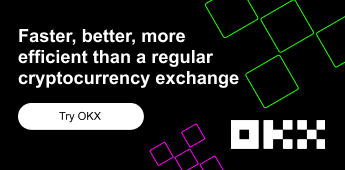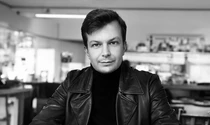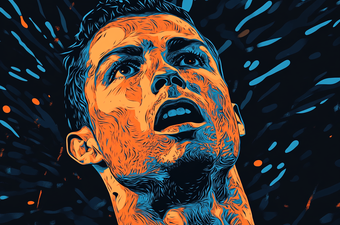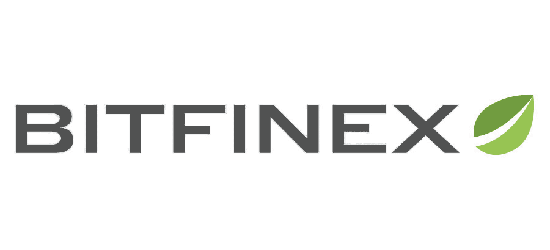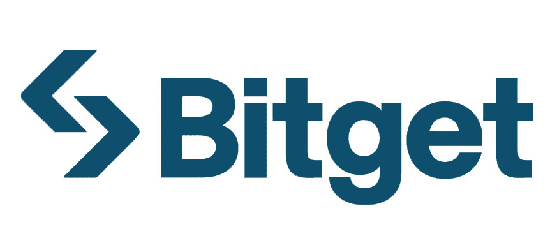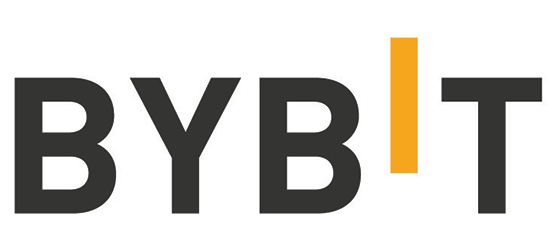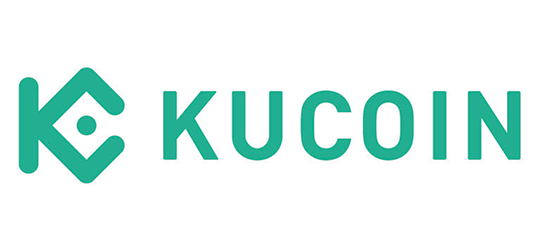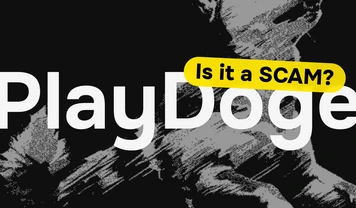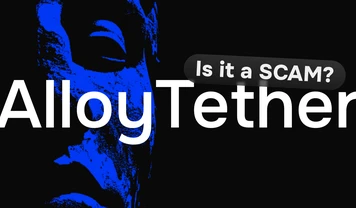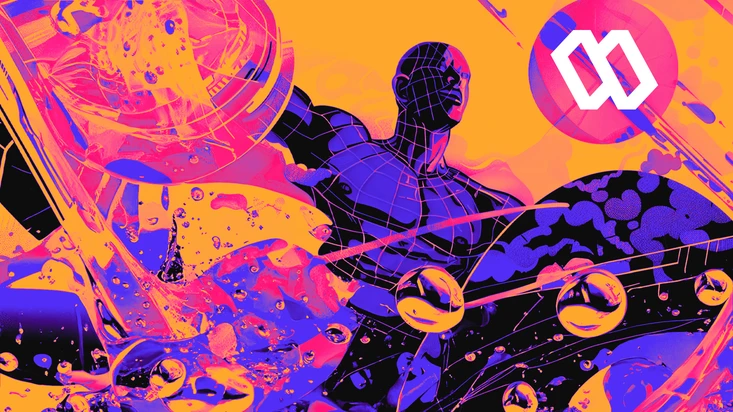
Walking through the SWEAT: Oleg Fomenko and his SWEAT Economy
I met Oleg Fomenko in Dubai at the TOKEN2049 conference. Oleg is the founder of the SWEAT Economy, a pioneer in the move-to-earn model long before the popular STEPN. We discussed how much one can earn by walking 10,000 steps, why SWEAT is not a scam, the concept of "proof-of-sweat," and also about climbing Mount Kilimanjaro and other summits. So, let’s dive in.
We discussed how much one can earn by walking 10,000 steps, why SWEAT is not a scam, the concept of "proof-of-sweat," and also about climbing Mount Kilimanjaro and other summits. So, let’s dive in.

Proof-of-Sweat: a Tangible Testament
We started 10 years ago, back in 2014," Oleg began. "Originally, the project was called Sweatcoin".
Cryptonica: Was that name chosen as a joke?
Oleg: At first, we considered obvious names like Fitcoin, Stepcoin, but they all seemed a bit boring and were easily forgettable. Sweat, implying perspiration, is a word that evokes strong emotions and polarizes opinion. People either love it or hate it, which is infinitely better than being forgettable. I firmly believe that sweat is a testament—indeed, a proof of your physical effort."
Cryptonica: Proof-of-sweat?
Oleg: (Laughs) In a way, yes. Sweat is evidence that you’re doing something. And we don’t necessarily have to focus only on steps since activity can vary widely. In the future, we could definitely work with other metrics like heart rate, for example. Unfortunately, not many people wear such devices yet. For now.
Cryptonica: You mentioned that you started the project 10 years ago. Why did it take so long to launch the coin, since it was only listed a couple of years ago?
Oleg: Oh, that’s a long story. When Sweatcoin was conceived, we immediately wanted to build it on blockchain. BHowever, back in 2014, Bitcoin was the only option—slow, costly, and lacking smart contracts. Then Vitalik Buterin introduced 'Ethereum,' and we thought, 'Oh, we’ll build on that, great.' But in 2015, they really didn’t have much in place yet. Ultimately, we opted to launch it centrally as an app, knowing that once Ethereum was established, other blockchains would soon emerge. After 7-8 years, we finally settled on NEAR, as the technology had significantly evolved and entered the mainstream. We are quite pleased with how it all turned out."

They Capture Your Attention and Offer You 2GB of email Storage in Return
Cryptonica: What's the big idea behind your project? What's its essence?
Oleg: Previously, no one realized the potential of the attention economy. Now, it's valued at $7 trillion. We're convinced that the next big economic revolution will be built around movement. I've never encountered anyone who disputes the value of movement.
(I nod in agreement.)
See, you're nodding, and everyone does when discussing the value of movement. We all grasp it intuitively. Yet, when asked to quantify its value, people are baffled. This was the same situation with attention two to three decades ago. Today, companies like those owned by Mark Zuckerberg can pinpoint the value of your attention to the cent. But there's something very distasteful about this economy."
Cryptonica: Distasteful?
Oleg: They capture your attention and sell it to advertisers, pocketing the profits, while you're compensated with a 2GB of email storage. It’s daylight robbery. In the movement economy, the value should primarily benefit the people, and then the companies."
Cryptonica: Interesting, but why mention attention, what's the link between it and the movement economy you’re developing?
Oleg: They're closely related. Both benefit you significantly. In both, three groups benefit from your actions and are willing to pay for them: healthcare, insurance, employers, and governments, etc. And since both are quantitatively limited—attention and physical activity—they will become incredibly valuable. We're talking trillions. The real question is how quickly we can tap into this value.
Cryptonica: And how do I access this value you mentioned in your app?
Oleg: In the past decade, we've developed a complex and sophisticated verification system that accurately identifies genuine physical activity—distinguishing between someone who actually jogged in the park and someone who strapped their phone to a dog or a rotating fan. There are individuals who place their phones on vibrating washing machines. In Asia, entire farms attempt to game our system, but we've become proficient at detecting such fraud."
Cryptonica: And for regular users, how do they earn rewards?
Oleg: We validate physical movement and convert it into SWEAT coins. Each subsequent coin requires more steps than the last. Thus, to earn another 'sweaty' coin, you need to walk even more.
Cryptonica: A sweaty halving?
Oleg: (Laughs) Exactly. We're in this business with noble goals: providing people with real value, both through the currency and through enhanced health.

Things Went Terribly With Stepn
Cryptonica: You launched well before Stepn, yet they got all the hype.
Oleg: When Stepn launched, everyone panicked, including me. We thought they'd take over the entire market. In the end, hings went terribly with Stepn. Now, the entire move-to-earn market is associated with scams because of Stepn. We have to explain to people that we're different; our model isn't based on Ponzi economics.
Cryptonica: So, is Stepn a classic Ponzi scheme?
Oleg: Exactly. The earnings of one investor are generated from the investments of the following one. To start playing Stepn, you have to buy an entry ticket. And to profit further, that money has to be taken from the next player.
Cryptonica: And why isn’t SWEAT a Ponzi scheme?
Oleg: We don’t charge our users any money to start. They begin interacting with our app for free and gradually earn coins.

What Are 10,000 Steps for Humanity
Cryptonica: How much would I earn by walking a thousand steps a day?
Oleg: That would be considered a rather inactive day (laughs). A typical active day involves at least 10,000 steps. Such a day would earn you about 2 cents, based on the current SWEAT rate (at the time of writing, one SWEAT coin is about 1 cent).
Cryptonica: That’s quite modest, to say the least.
Oleg: It may seem modest, but as the move-to-earn economy expands, its value is expected to increase. We've recently started collaborating with several leading universities globally that have a deep understanding of physical activity. We've provided them grants to work independently from us on determining the financial value of 10,000 steps for humanity, looking not just from an individual perspective but from the perspective of countries and companies."
Cryptonica: That's very interesting; we'll be waiting for the research results. But I still don't understand how your business generates revenue.
Oleg: We run a very successful and profitable business. We collaborate with a wide array of brands that promote an active lifestyle. The SWEAT coins that users earn can be used to purchase products from our partners. Additionally, we generate revenue from advertising, thanks to our millions of users.
Cryptonica: Why did you get involved in this field? Were you an athlete?
Oleg: I've always led an active lifestyle. There was a time when I frequently went mountain climbing. My brother and I have climbed four of the seven highest peaks on each continent: Kilimanjaro, Elbrus, Denali, and Aconcagua. Unfortunately, I had to stop—unfortunately for the mountains, that is. I had children, and as a responsible person, I ceased taking life risks.

100% of People Are Unhappy With Their Physical Activity Level
Cryptonica: But why the focus on walking and running? That seems unrelated to mountain climbing.
Oleg: About three years after climbing Denali, one day, I went for a run. It was a tough day; I needed to clear my mind. And I realized I couldn't run 5 km at the speed I had anticipated. It really bothered me. How could I climb mountains but struggle to run a simple distance? It then occurred to me that nearly 100% of people are unhappy with their physical activity level. People generally want to move more but cite lack of time, money, bad weather, and a multitude of other excuses.
Cryptonica: You identified a universal problem and...
Oleg: Correct, I decided to create a product that solves this issue. Humans are engineered by nature for movement optimization. We must preserve this to ensure that when it's time to hunt mammoths, we are ready to expend a lot of energy. If we exhaust our energy before the next meal, we simply die. However, in modern times, to motivate movement, people need immediate rewards instead of hunting prey. Hence, the idea was born to reward every step, and it quickly gained traction.
Our conversation ended there, and afterward, I reflected on how much enjoyment I had using Stepn, but after their blatant scam, I stopped using move-to-earn.
Honestly, the current SWEAT reward of 2 cents for 10,000 steps isn't very tempting, but Oleg convinced me that in the long run, the value of the move-to-earn economy will be assessed much higher. Whether SWEAT will grow and develop along with this economy remains to be seen, but for now, we can only wish Oleg and his project luck.




